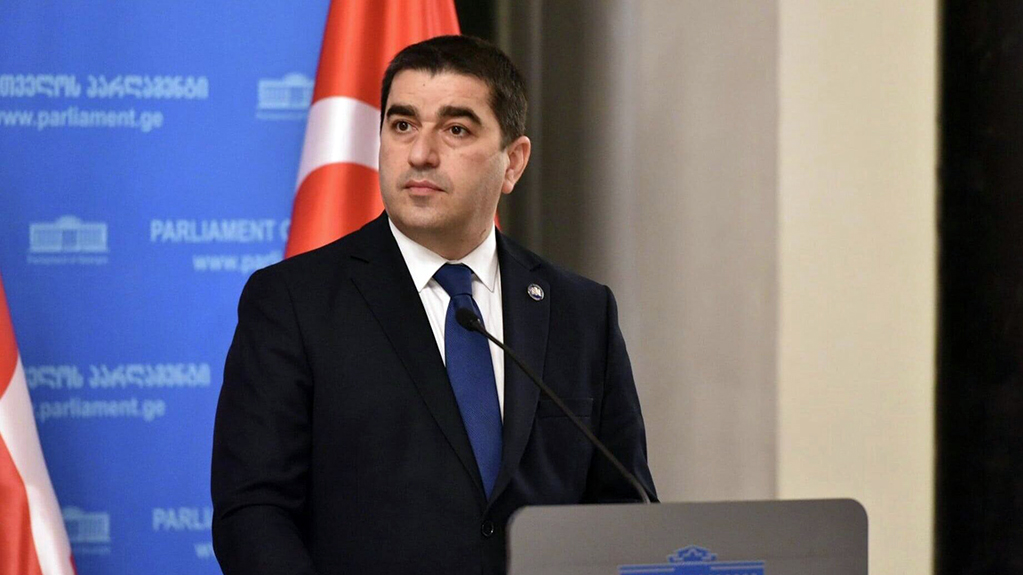The Chairman of the Parliament of Georgia, Shalva Papuashvili, accuses foreign donor organizations, including the European Endowment for Democracy founded by the European Union, of interfering in the parliamentary elections. It doesn't matter whether the intervention comes from Russia, the European Union, or America - according to him - it should be stopped.
News
“Opposition parties have created a scheme through fake NGOs to receive illegal donations. There is an illegal donation and THE illegal donation. Here, we are talking about financing from abroad. In fact, a large part of the opposition is directly financed from abroad. Considering that we have an election year, this is equivalent to foreign interference in Georgian elections.
Foreign interference is one of the threats expected in these elections. This threat primarily comes from Russia, of course, but I emphasize, it doesn't matter where the interference comes from. There will be interference from Russia, interference will be from the territory of Russia, the territory of the European Union, or the United States of America; any interference is interference in the election of the Georgian people, and it is the Russian style,” Papuashvili told the media.
Shalva Papuashvili called on donor organizations, which, according to him, are participants in a hidden scheme, to stop funding.
“There are such people. I will mention one thing again - the European Endowment for Democracy, EED, which has covered its own expenses in Georgia, does not reveal itself to Georgian society or EU citizens, and it seems that it directly finances political parties and interferes in elections.
As you know, the proper conduct of elections is one of the 9 points, and here we cannot deal with this problem alone. The European Union, its representation, the European Commission should intervene here, since the EED is an institution founded by the European Union, in whose governance European parliamentarians are strongly represented, including those who are closely connected with the United National Movement party.
If there is an expectation, and it is our common will, that the elections be fair and honest, it is necessary to prohibit and stop the direct or indirect financing of parties in Georgia from European channels. This is the responsibility of the European Union. If these channels and the financing of political parties are not stopped, it will harm the elections,” said the Chairman of the Parliament of Georgia.
Shalva Papuashvili attacked ISFED and non-governmental organizations that monitor the pre-election environment. According to him, the non-governmental organizations financed by the European Endowment for Democracy are “afraid” to study the finances of the parties, because "their own donors are involved in illegal schemes of financing Georgian politics and interfering in Georgian elections”.
“In fact, these organizations, which have monopolized the grant market in Georgia, do not pursue the interests of the Georgian people - because it is in the interest of the Georgian people that they monitor party finances, but they pursue the interests of their own donors,” Papuashvili said.
The European Endowment for Democracy, established in 2013 by the European Union and EU member states as an independent international trust fund to support democracy in the European Neighborhood, finances civil society organizations, democracy-enhancing movements, civil and political activists, and independent media platforms. According to information published on the EED website, support may also include newly created or unregistered organizations, informal platforms, youth groups, and individuals. In particular, the European Democracy Fund supports those who cannot be helped by other donors and the existing instruments of the European Union. EED states that support depends on a commitment to democratic values, respect for human rights, and adherence to the principles of non-violence.















